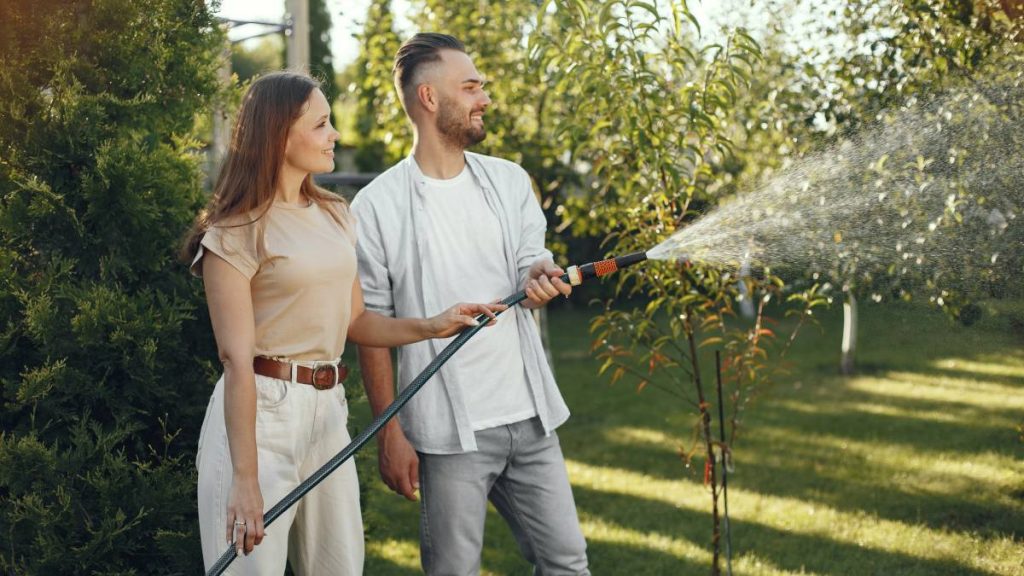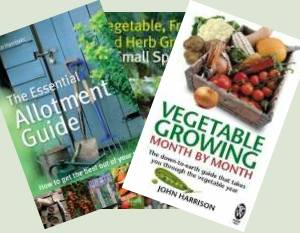Gardening is more than just splashing on some water once in a while and adding fertilizers to the soil of a garden. Water and soil play the most important part, as they work in tandem to provide adequate nutrition to plants in every garden.
Because of this, water quality is something to take seriously even if only used in gardening, but especially for vegetables. Water helps plants absorb nutrients from the soil and if this water has contaminants it can affect the plant.
How Water Quality Affects Gardening
If you have ornamental plants, then chances are they won’t be highly affected by the quality of the water used. The worst case for decorative plants that are subjected to low quality water is they will exhibit discolouration or irregular growth. These effects might not be highly bothersome, but for vegetable gardens or anything that can be consumed, contaminated water for irrigation can be a major problem.
For veggies, poor water quality will provide lower yields on top of every other issue with colouration or growth and can even lead to plant death. Not to mention the fact that contaminants might not entirely be filtered out through the plant and still end up on the plate. Luckily such issues are not so prevalent with the use of tap water as it has already undergone treatment and testing to ensure its safety.
On the other hand, water collected from rain, ponds, and even wells could be at a higher risk to your garden. What is more, other sources of water like runoff water or from reclaimed sources, pose an even bigger risk, and it may be sensible to avoid them in garden irrigation. Some of these risks include the presence of chemicals, soluble salts, and even pathogenic organisms.
Solutions
There are solutions for reconditioning such water, but they might be more suitable for large farms rather than an average home garden. Nevertheless, well water is a step up from pond or reclaimed water, and it too will need some kind of treatment or testing, before it can be used even in irrigation.
A great filtration system for a well is able to render the water safe for drinking and possibly for irrigation as well. Well water filtration system cost will determine which one is a fit and how it can improve water quality for both applications.
What Makes Water Unfit For Irrigation?
A few contaminants found in water can make it undesirable for irrigation and most of these are found in untreated water.
Salts
Soluble salts are contaminants that most definitely have a negative impact on plants if present in the irrigation water. Water salinity can reduce plant growth and minimize yields for edible veggie-producing plants. The saying salt to the earth has a good point in this regard, and soluble salts are to be avoided at all costs.
Calcium And Sodium
Although some amounts of these substances are important in irrigation water to encourage plant development, large amounts of them can be detrimental. The downsides of higher levels of these substances are that it won’t kill the plants but they will make other beneficial nutrients harder to absorb.
Potassium And Phosphate
A normal occurrence in irrigation water, potassium, and phosphate can be a problem if they appear in larger quantities. These two substances are most often an indicator of pollution with fertilizer as they can also be found in many fertilizing products.
Sodium And Chloride
Water from streams, ponds, and private wells is susceptible to excessive sodium and chloride. These two components are toxic to vegetables in a garden because they can constrain water intake. Growth is thus affected and causes reduced yields.
Remnants Of Minerals
There are certain minerals that can be beneficial in small quantities but detrimental in high quantities. Water for irrigation may contain iron, copper, zinc, manganese, and boron.
High levels of iron and manganese for irrigation are able to cause foliage damage and affect the leaves. This can be a problem even for decorative plants as well as edible ones.
Conclusion
Gardening is a relaxing hobby for many, but even so, there are factors to consider to ensure plants can grow. Tap water is safe for irrigation but well water or other alternative water sources are slightly less efficient or advised.
For well water, there are many different water filtering devices that can clean it enough to be used for consumption and as such perfect for irrigation as well. In a garden with either decorative plants or vegetables, it’s important to use adequate water, and filtering it will do the job.



